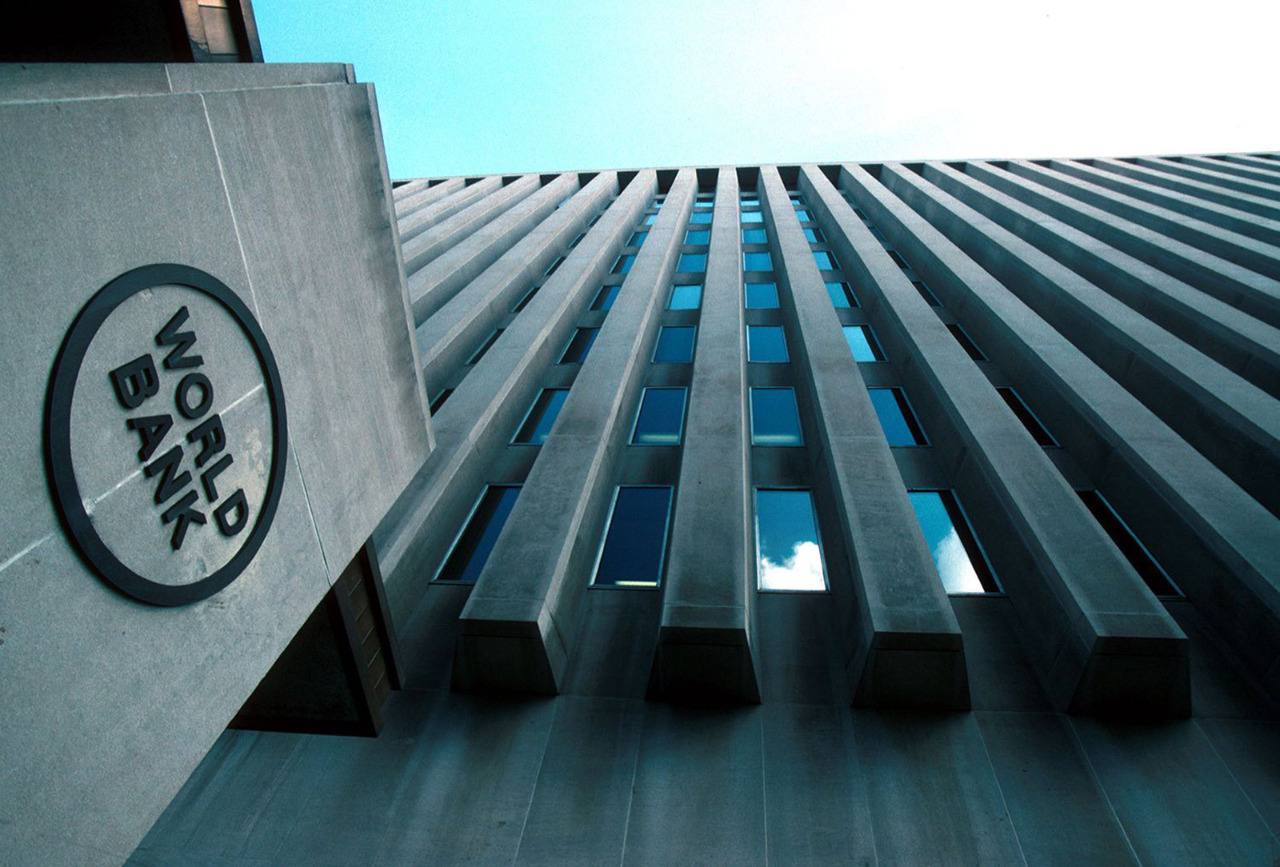Dubai, UAE – The World Bank has projected that the real GDP of the UAE will grow by 2.8 percent in 2023, as the non-oil sector is expected to achieve strong growth of 4.8 percent, driven by robust domestic demand, particularly in tourism, real estate, construction, transportation, and manufacturing sectors.
In a press conference held today in Dubai to announce the new World Bank Gulf Economic Update (GEU) titled, “The Health and Economic Burden of Non-Communicable Diseases in the GCC”, the bank officials said that the current account balance in the UAE is expected to rise to 11.7 percent in 2023, as well. The report expected the UAE to achieve a surplus in public finances of 6.2 percent in 2023.
The economies of the Gulf Cooperation Council (GCC) are projected to grow by 2.5 percent in 2023 and 3.2 percent in 2024. The region had a remarkable GDP growth of 7.3 percent in 2022, which was fueled by a strong increase in oil production for most of that year.
This issue of the GEU focuses on how non-communicable diseases (NCDs) have become the leading cause of mortality and morbidity, accounting for close to 75 percent of all deaths and disability in the region. Of these deaths and disability, more than 80 percent are attributed to just four main NCD categories: cardiovascular diseases, diabetes, cancer, and respiratory diseases.
The report also highlights the substantial cost of NCDs to the economies of the GCC countries. A recent study published in the Journal of Medical Economics, a collaborative effort between experts at the World Bank and key stakeholders from across the GCC, estimated the direct medical costs of seven major NCDs to be around $16.7 billion in 2019 alone.
The report added that many of the GCC countries have already taken impressive steps to address such risk factors, including taxing tobacco products and sugary drinks, restricting or banning the advertisement, promotion or sponsorship of tobacco.








